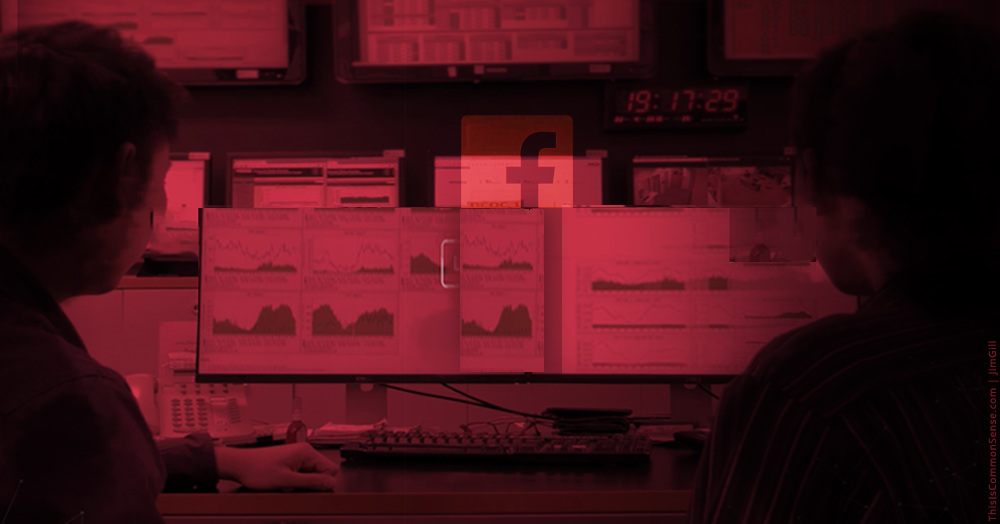In all the talk of “social media” — their psychological effects on us; their political power; their abusive treatment of our privacy and our loyalty — one thing does not get talked about enough: that social media’s chief utility for many of us is not social at all.
Facebook, YouTube, SoundCloud, Twitter, Gab, Instagram, Quora — these are personal databases.
Databases on the Cloud, sure; databases open to the public and open to paying advertisers, surely (that’s how the media giants make money while providing us with a free service).
But they remain databases. And, as such, they allow us to log our interactions with both online and physical worlds, storing our photos, videos, audios, links, thoughts, questions & answers, and more, so we may retrieve them later for whatever projects we may be engaged in.
This is no small thing if you are in a “business” like ThisIsCommonSense.org, where mining what I read two weeks ago can turn into something I need tomorrow.
Trouble is, the search features of most social media
It would be nice if the social media companies that mine our data for their pecuniary advantage would also allow us to mine our
So, take this as advice to alternative social media developers, like the Flote app: if you are literally providing a database for clients (and not true P2P functionality), then give search features more serious attention.
So that we can quickly find and re-share our most sublime cat photos.
This is Common Sense. I’m Paul Jacob.
See all recent commentary
(simplified and organized)
See recent popular posts



 Right now, governments
Right now, governments